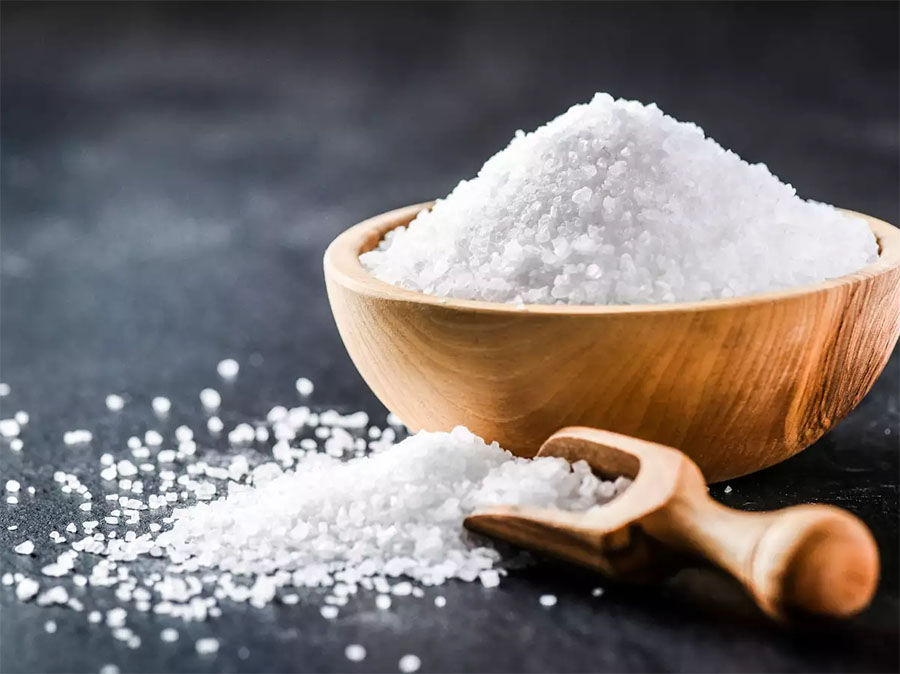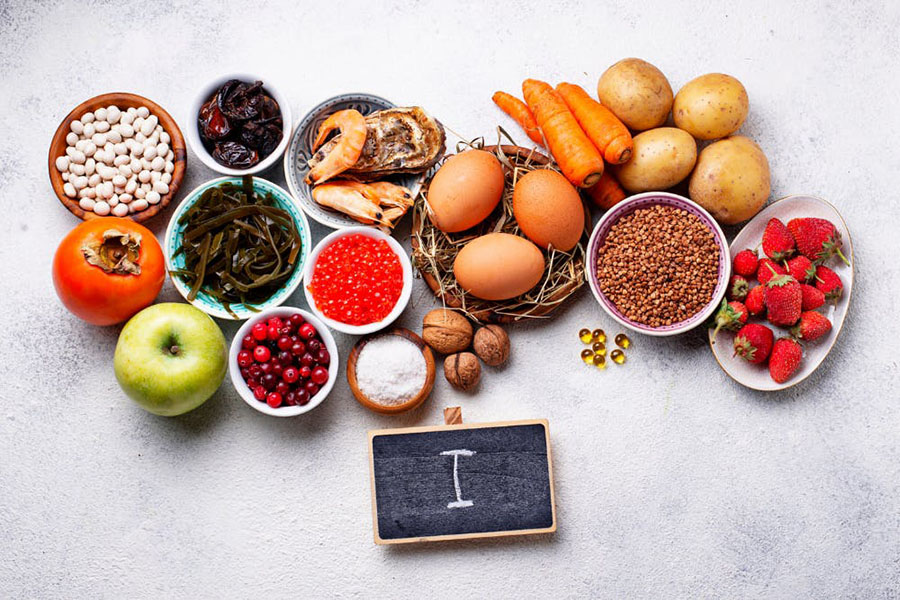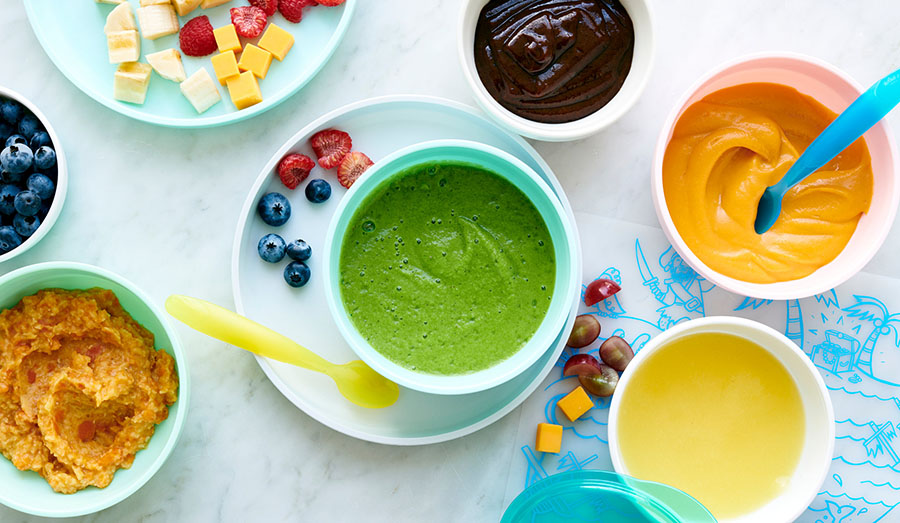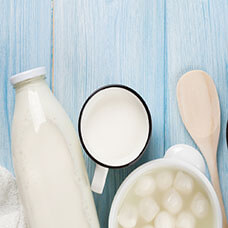
How should I add salt to baby food?
This is one of the topics that make many families very confused, even having many intense debates. Many opinions say that salt is essential for the development of children, as well as helping them eat more deliciously. Besides, many people are against adding salt to baby food under 1 year old. So should we use salt in baby food and how to use it to ensure the baby's development? In the article below, UniMall will help readers find the answer to this problem.
Should salt be added to baby food or not?
Salt contains two main components, sodium, and chlorine. These are also two factors that play an important role in maintaining the normal functioning of cells, as well as organs and parts in the body. Therefore, at all stages of child development, it is indispensable for salt in the daily diet.

In fact, when starting to introduce solid foods to babies (under 1 year of age), adding salt to baby foods is not necessary, for the following reasons:
The baby's main source of nutrition already has the necessary amount of salt
In the early stages of weaning, most babies show no interest in solid foods. The reason for this is that it takes time for your baby to get used to solid foods, not because the food lacks salt and should be bland. In fact, breast milk or formula milk already provides enough salt for the baby at this stage. Besides, the baby only absorbs salt through breast milk, never knowing what salt tastes like before. Therefore, adding salt to baby food is not necessary.

In addition to milk, baby foods themselves contain a certain amount of salt such as rice, eggs, milk, vegetables, tubers, .. These foods when processed without adding salt seem bland and difficult. Eat with adults. But children's taste buds are much more sensitive than adults, so if you add even a pinch of salt, it's already very salty for your baby.
Eating too much salt will harm your baby's health
Bad for baby's kidneys: infants and young children need only very small amounts of salt per day (<1g salt for babies under 12 months). Because the baby's kidneys are still immature, they cannot metabolize a large amount of salt entering the body. In the long run, the baby's kidneys will be seriously affected.
Children are prone to rickets: excess sodium also causes children to become anorexic, tired, fussier, and dehydrate the body. At the same time, because of salty food, the baby will drink more water. This inadvertently increases the risk of calcium excretion in the urine, affecting the growth of the baby's height when growing up.
Affect the baby's taste later: since childhood, they often eat salty foods, when they grow up, they will form a habit of eating more salty foods than usual. This is a premise leading to the risk of some dangerous diseases of the heart, high blood pressure, cancer, kidney failure, ...
How to add salt to baby food according to age
The need for the right amount of salt for children according to age
According to a study by a committee on nutrition in Europe, the recommended amount of salt for babies according to each stage of development is as follows:

Under 6 months old: <1g salt/day
From 6-12 months old: 1g salt/day
From 1-3 years old: 2g salt/day
From 4-6 years old: about 3g salt/day
From 7-10 years old: about 5g salt/day
From 11 years old and up: about 6g salt/day
Note about using salt for your baby's daily menu
For fresh foods, you should look for fruit and vegetable products that are lower in sodium. With other ingredients, when processing, limit the amount of seasoning to ensure that your baby is fully absorbing nutrients from the food. In addition, to support your baby's appetite and better digestion, natural spices will be a perfect choice. You can use garlic powder, pepper, coriander, dill, ... when preparing baby food, helping to stimulate your baby's taste buds in a safe and effective way in the long run.
For other products such as bread, cereals, and sauces, pay attention to the sodium content on the product's label.
Thus, adding salt to baby food depends on each stage of development. At each age, you need to try to control the amount of salt in your baby's body each day and should help him form healthy eating habits from an early age.
See more: How to seasoning for babies with scientific standards








